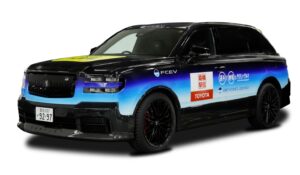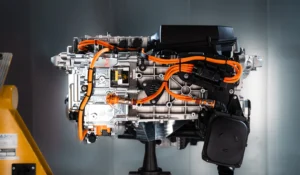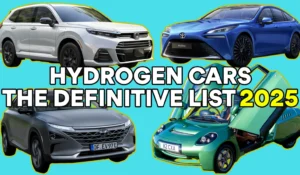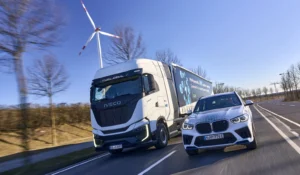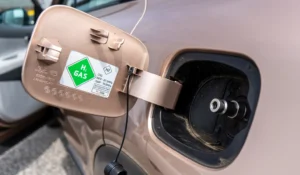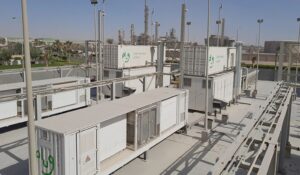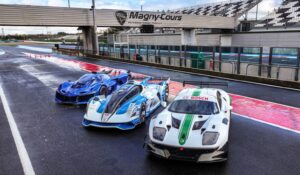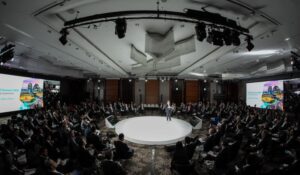Toyota hydrogen: New Beijing plant can build 10,000 new fuel cells per year
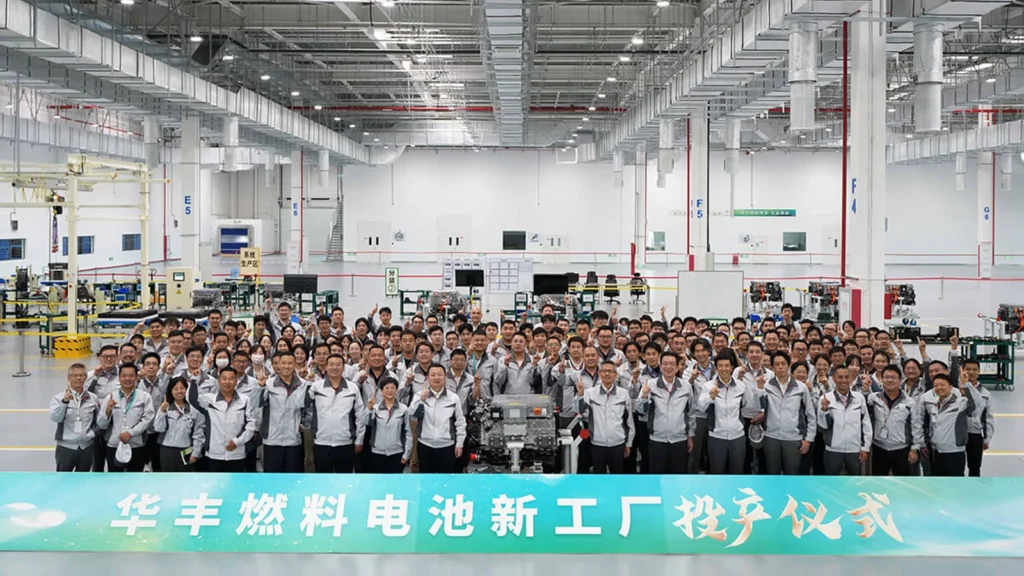
Toyota’s plan to roll out fuel cell powertrains in commercial vehicles has taken a huge step forward after announcing their joint venture with the Hong Kong Stock Exchange company, SinoHytec.
The new joint venture, named Huafeng Fuel Cell Co. (FCTS) has started production to meet the ongoing demand of fuel cells for heavy commercial vehicles. The plant will not only focus on the delivery of fuel cells, but has dedicated space for R&D, laboratories, a hydrogen station and waste product warehouses.
Hydrogen fuel cells
SinoHytec describe themselves as the “trailblazers” of the hydrogen industry, holding patents in fuel cell engines and have achieved scale production of fuel cell engines.
Toyota China General Manager, Tatsuro Uedo said that the Chinese hydrogen market was “growing at an astonishing rate”, with “hydrogen energy technology is used in many application scenarios such as cold chain and logistics represented by buses and heavy trucks”.
Toyota brings a vast amount of experience to the joint venture, with the fuel cells produced at the site being based on the technology Toyota have developed.
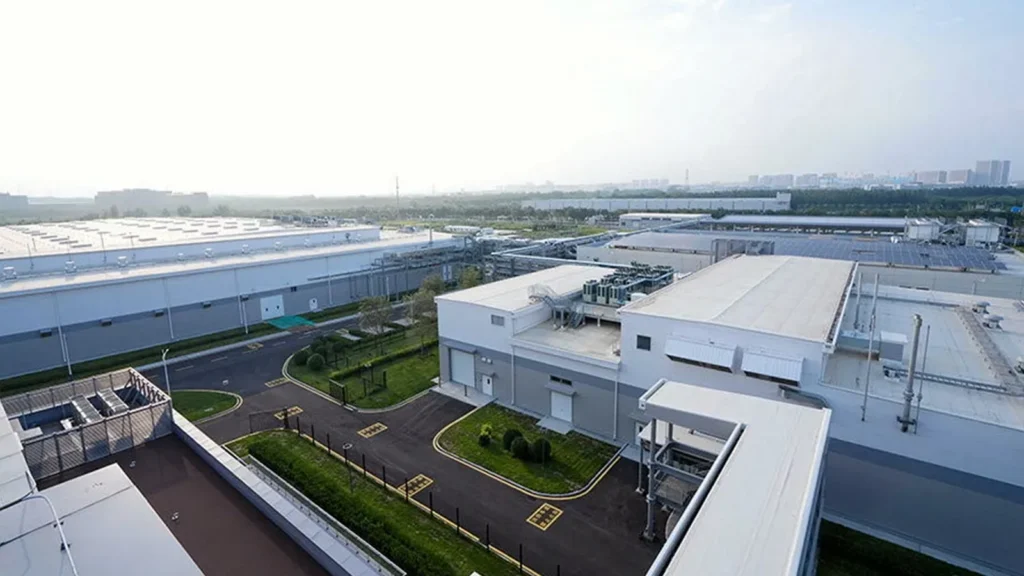
The plant benefits from the research conducted by the companies involved in the United Fuel Cell System R&D. The group is made up of 6 companies; China FAW Corporation, Dongfeng Motor Corporation, Guangzhou Automobile Group, Beijing Automotive Group, Beijing SinoHytec & Toyota Motor Corporation. The group all share the common vision for the development of FCEV’s, with Toyota SinoHytec being in charge of production and sales.
The focus on commercial fuel cell vehicles comes at an interesting time as sales throughout China suggest that BEV commercial vehicles are the preference in many cities.
Similarly to BEV’s, hydrogen fuel cell vehicles generate zero emissions and can help Beijing play its part in meeting China’s “dual carbon” goal by 2030. The “dual carbon” goal is to peak carbon emissions before 2030 and achieve carbon neutrality by 2060.
With Beijing still being one of the most polluted cities in the world – three times more polluted than Los Angeles, the most polluted city in the US – hydrogen fuel cells vehicles might just be the answer to a greener, more sustainable future.

